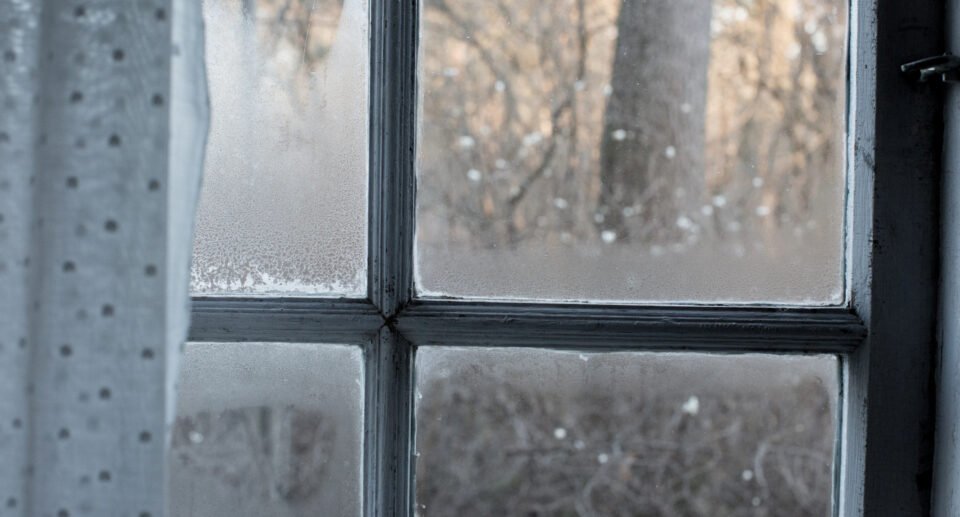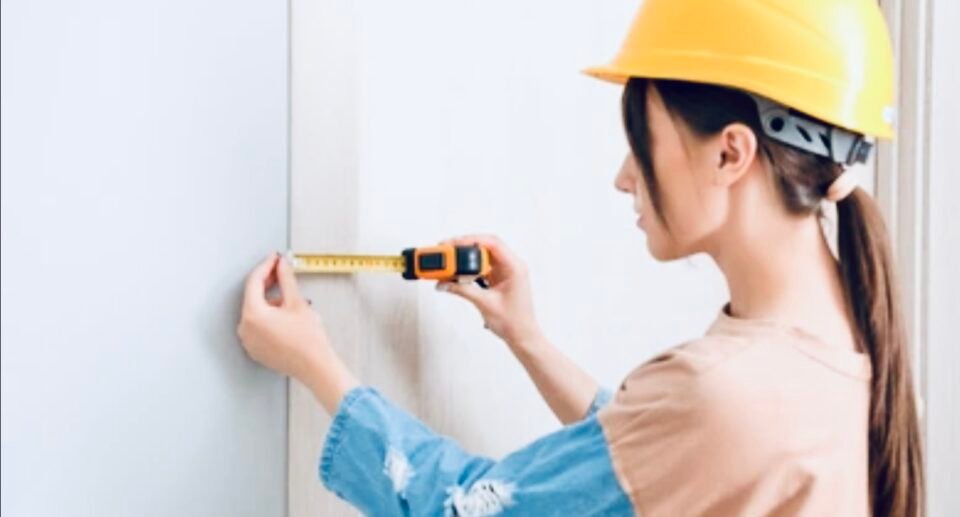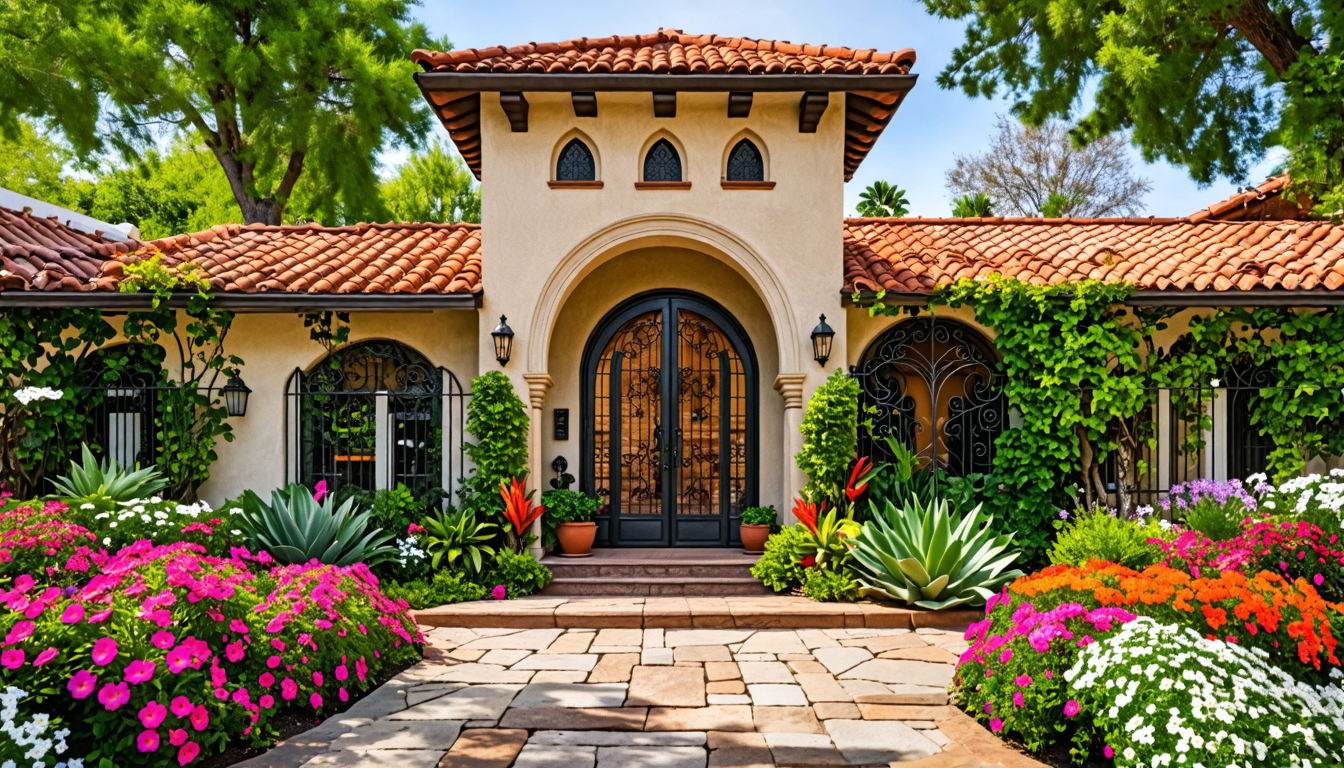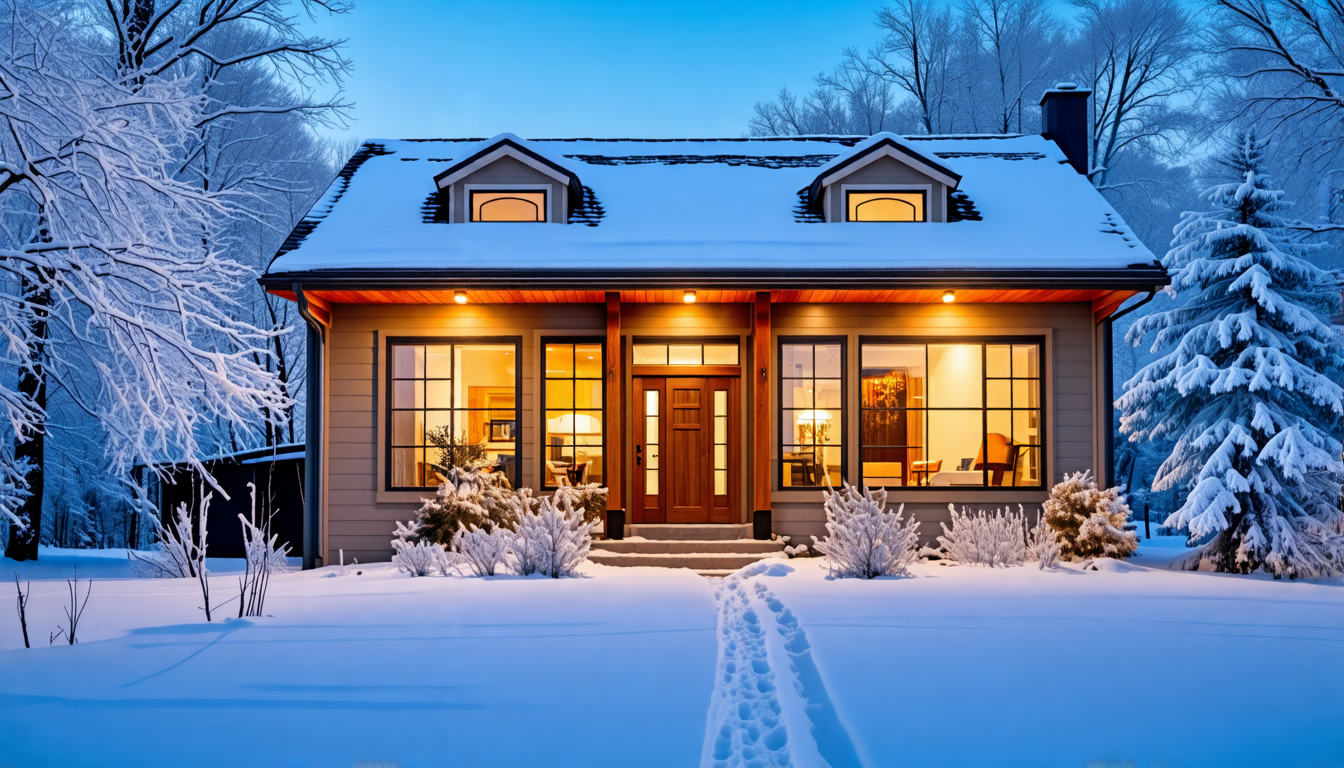How Long Do Windows Last? Everything You Need to Know

Table of Contents
ToggleHighlights
Windows can last anywhere from 15 to over 50 years. However, signs of old windows such as warped frames, gaps, and cracks can indicate that it’s time for a replacement. When considering whether to repair or replace windows, it’s important to weigh the costs. Replacing a window can cost between $100 to $750.
If you notice drafts or water leaks when cleaning your windows, it may be time to call a local window company for repairs or replacements. To ensure the best results, it’s recommended to get quotes from up to three top-rated professionals in your area.
By keeping an eye out for warning signs and considering the costs, homeowners can make informed decisions about when it’s time to replace their windows.
How Long Do Windows Last?
Windows have a lifespan of around 15 to 30 years, with frames lasting up to 50 years and glass lasting about 20 years on average. The longevity of a window depends on various factors such as the type of frame and glass, local climate, and the initial installation quality. It is recommended to purchase windows with warranties that last at least 10 years, or ideally 20 years, and include coverage for replacement parts in case of premature failure. As windows naturally wear out over time, air or water leaks may occur as the window seals break down. Regular maintenance and care can help extend the life of windows.
Life Span of Different Window Materials
Wood
Wooden windows can last for up to 30 years or more, depending on the quality of the wood and how well they are maintained. They require regular painting and sealing to protect against moisture and insect damage. Wood frames are popular for their aesthetic appeal and energy efficiency.
Vinyl
Vinyl windows have a life span of 20 to 30 years, with minimal maintenance required. They are low maintenance and energy-efficient, making them a popular choice for homeowners. Premium brands with a lifetime warranty can last 30 or more years.
Aluminum
Aluminum windows have a life span of 15 to 20 years. They are lightweight and durable, but not as energy-efficient as other window materials. They are often used in commercial buildings and modern homes.
Fiberglass
Fiberglass windows have a life span of 30 to 40 years or more. They are durable and low maintenance, with good insulation properties. Fiberglass windows are a good choice for extreme weather conditions.
Overall, the life span of a window depends on the material, quality, and maintenance. Regular cleaning and upkeep can extend the life of any window. When it comes to choosing a window material, it’s important to consider factors such as energy efficiency, durability, and cost.
Signs It’s Time to Replace Your Windows
Condensation
One of the signs that it is time to replace your windows is when you start noticing condensation on them. This is a common problem with old windows, especially single-pane windows. Condensation is a result of the temperature difference between the inside and outside of the window. Moisture can accumulate on the glass and frames, which can lead to water damage and mold growth.
Cracks
Another sign that it is time to replace your windows is when you notice cracks on the glass or frames. Cracks can occur due to exposure to the elements, such as extreme weather conditions or physical damage. Cracked frames can also lead to air leaks, which can cause drafts and high energy bills.
Drafts
Drafts are another sign that it is time to replace your windows. Drafty windows can cause discomfort and increase your energy bills. They can also be a sign of air leakage, which can lead to moisture and mold growth.
Faded Floor or Furniture
If you notice that your furniture or flooring is fading, it could be a sign that your windows are outdated. Old windows can allow too much sunlight to enter your home, which can cause fading and damage to your belongings.
High Electric Bills
High energy bills can be a sign that your windows are not energy-efficient. Single-pane windows, for example, are not as energy-efficient as double or triple-pane windows. Upgrading to high-quality windows can help you save money on your energy bills in the long run.
Replacing your windows can improve your home’s curb appeal, energy efficiency, and overall comfort. If you notice any of these signs, it may be time to consider window replacement.
Repairing vs. Replacing Windows
When it comes to windows, there are situations where repairing them is the best option, and others where replacing them is necessary. Knowing when to choose one option over the other can help homeowners save money and ensure their windows are functioning properly.
Cost to Replace Windows
The cost to replace windows can vary depending on the type of windows being installed, as well as the size and complexity of the installation. On average, homeowners can expect to pay anywhere from $100 to $750 per window. This cost can increase if the installation requires additional work, such as replacing damaged sills or frames.
Cost to Repair Windows
The cost to repair windows can also vary depending on the extent of the damage. Minor repairs, such as fixing a broken pane of glass or adjusting a stuck sash, can cost anywhere from $50 to $250. More significant repairs, such as replacing a damaged frame or fixing a major leak, can cost anywhere from $300 to $1,000.
In some cases, repairing windows may be a more cost-effective option than replacing them. However, it’s important to consider the long-term value proposition. While repairs may offer immediate cost savings, they may only provide temporary fixes for underlying issues, leading to ongoing maintenance expenses and reduced property value.
When deciding between repairing and replacing windows, homeowners should consider factors such as the age and condition of their current windows, the cost of repairs versus replacement, and the potential long-term savings of new, energy-efficient windows. Consulting with a professional window installation company can also help homeowners make an informed decision.
Frequently Asked Questions
The average lifespan of residential windows varies depending on the material used, maintenance, and location. Generally, well-maintained windows last between 20-50 years.
Yes, there are differences in longevity between window materials. Fiberglass windows typically last the longest, between 30 and 40 years (often longer), while vinyl windows are designed to last between 20 and 40 years. Wood windows, when properly maintained, will last up to 30 years.
There are several signs that indicate it’s time to replace your windows, including warped frames, gaps, and cracks. If your windows are drafty or foggy, it may also be time for a replacement. Additionally, if your energy bills are increasing, it’s a good idea to inspect your windows for any signs of wear and tear.
Double pane windows can have a longer lifespan than single pane, but it ultimately depends on the quality of the window and how well it is maintained. Double pane windows are more energy-efficient and can help reduce energy costs, but they can also be more expensive to replace if they do deteriorate.
Several factors contribute to the deterioration of home windows, including weather conditions, exposure to UV rays, and poor maintenance. Over time, these factors can cause the window frames to warp, crack, or rot, which can lead to a decrease in energy efficiency and an increase in energy costs.
Residential windows should be inspected at least once a year for efficiency and wear. It’s important to check for any signs of damage or wear and tear, such as cracks, gaps, or fogging. Regular maintenance, such as cleaning and lubricating the window tracks, can also help extend the lifespan of your windows.

Hello, I’m Keith Jones. I’m the author and head of content here of door and window guide. I’ve been in the window and door industry for over 10 years in the UK and North America. I’ve had quite a few roles during my career mainly in Worldwide sales. I’m now semi retired so I thought I’d put my knowledge to good use educating people about all they might need to know about door and window related topics.






